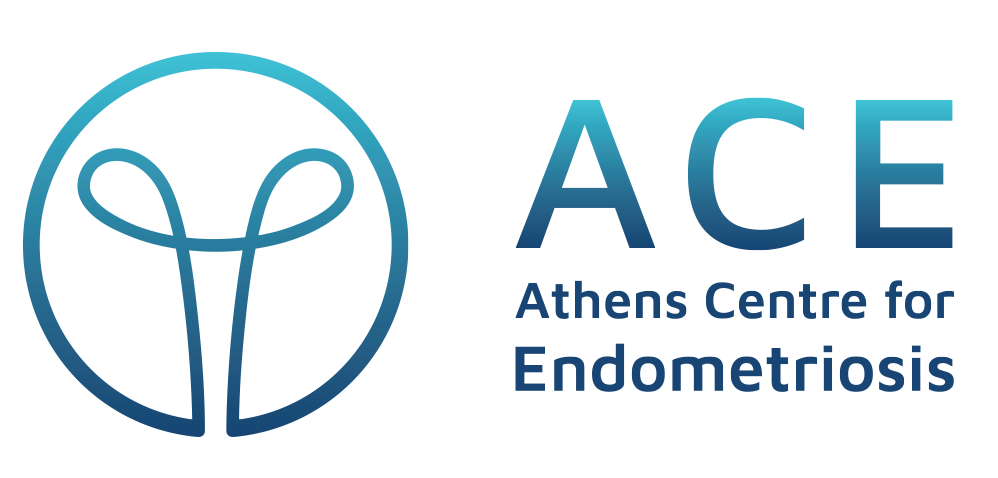Very often we hear about cases in which endometriosis patients receive medical-hormonal regimens in order to “treat” their disease.
The medical regimens used for this purpose are usually:
- contraceptive pills
- progesterone
- GnRH analogues ( Arvekap,Lupron ,Zoladex etc)
But is that true?Do these medication cure endometriosis?
The short answer is NO.
These medication work by lowering the level of pain caused by endometriosis implants.But they have NO effect on endometriosis lesions.As a result the decrease of pain level is perceived falsely by the patient and her doctor as a cure ,whereas in reality endometriosis continues to grow and spread inside her body.
Unfortunately still in many countries of the world many Gynaecologists prescribe these medication as a treatment or cure for endometriosis.
In our daily clinical practice we witness regularly cases where endometriosis patients (who have been taking such medication for a long time) come for a consultation and we discover (to the patient’s surprise) that the disease has also affected vital organs like the bowel or has caused some stricture to the ureter, thus affecting kidney function.
This case is very usual and the women’s first reaction is “but how did this happen?I have taking this or the other medication”.
Patients must be aware that hormonal medication that are widely used to treat-cure endometriosis have no effect upon the disease itself.They may cause a reduction in the intensity of symptoms but they don’t treat endometriosis itself.They can also cause many long-term side effects.
The Gold Standard approach to treating endometriosis is excision surgery.This technique offers high and permanent cure rates since all endometriosis lesions are excised from their “root” and there is no residual disease after the end of the procedure.
The precondition for the above is that the procedure is undertaken by Gynaecologists who are specialized in treating endometriosis and who a) can identify all the forms that endometriosis can get inside the body and b) have the necessary training and surgical skills to complete such procedures as many times these procedures can be tougher that Gynae-Onco procedures.
